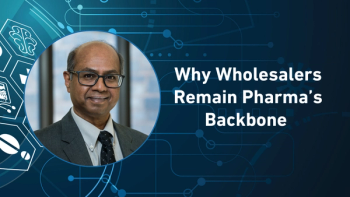
Cardinal Health targets hospital outpatient pharmacies as a service and revenue opportunity
Rise of accountable care organizations (ACOs) could raise the importance of outpatient pharmacies to life sciences manufacturers
Cardinal Health, which already has a decided emphasis on hospital supply, says that it is targeting outpatient pharmacies as both a growth opportunity for itself, and, by providing better support, a way for healthcare providers to increase their own revenue and profitability. Outpatient pharmacies (which tend to be owned by the healthcare providers, although there are exceptions) are expected to become a more critical part of healthcare as ACOs shape up, and as federal Medicare dollars flow more freely toward the underinsured and uninsured patients under the Affordable Care Act.
As a drug-distribution channel, hospitals represent around 10% of pharmaceutical sales, and outpatient pharmacies are some fraction of that. However, the ACO and bundled-payments (for medical services) schemes that are being set up under healthcare reform may raise the importance of this channel. At the same time, longitudinal patient studies show that many drugs dispensed first in the hospital or as the patient leaves become the default drugs of choice for those patients.
“Fully optimized outpatient pharmacies can also enable qualified hospitals, public health clinics, academic medical centers and state-run outpatient facilities to appropriately participate in federal drug pricing programs, which offer drug discounts to help federally qualified healthcare facilities provide care,” says the company.
The services Cardinal Health will offer include business development analysis, new-pharmacy opening services, outpatient pharmacy management and project implementation programs, according to Jon Giacomin, president of Cardinal Health’s Pharmaceutical Distribution business. ““In our work with thousands of hospital pharmacies across the country, we are seeing that many hospitals are leaving drug savings — and revenues -- on the table because they either don’t operate an outpatient pharmacy at all, or they have one that is not fully optimized,” he notes.
Newsletter
Stay ahead in the life sciences industry with Pharmaceutical Commerce, the latest news, trends, and strategies in drug distribution, commercialization, and market access.




